1. The Reception of Rhetoric in the Long Eighteenth Century in Britain
The research project is to elucidate how rhetoric, which was invented in ancient Greece, developed in ancient Rome, and inherited in Europe — a system of persuasion techniques, and the two wheels, along with political institutions — , was recepted and used in the late eighteenth- and early nineteenth-century Britain, a period of of progress for parliamentary and journalistic press.
Inspired by Skinner (1996) and Peltonen (2013), the preeminent studies on the history of rhetorical discourse, this research project will also be aware of the differences in the reception of rhetoric in 17th and 18th-century Britain.At the centre of this study is Edmund Burke, who was active in the arena of the Age of Eloquence and was known as the British Cicero. On the other hand, Samuel Johnson — who, in his obscurity, compiled parliamentary speeches in the Gentleman’s Magazine and created a template for parliamentary oratory, and James Mackintosh — who lived through the long 18th century and knew the rhetoric of the late 18th and early 19th century in Britain well, and used it in politics — are also noted.
From the perspective of reception study, this study will also shed light on how they and their contemporaries read Plutarchus and Tacitus, not to mention Cicero, and what they thought about eloquence, parliamentary speeches, or statesmanship. And with them, I would like to consider, for example, the enigmatic following passages from Plutarchus and Tacitus.
for such preparation was a mark of deference to the people, whereas heedlessness of what the multitude will think of his speech marks a man of oligarchical spirit, and one who relies on force rather than on persuasion. (Plutarch, The Parallel Lives, The Life of Demosthenes)
in such times it must be acknowledged that Rome produced a race of noble orators; as in the wild uncultivated field the richest vegetables will often shoot up, and flourish with uncommon vigour. And yet it is fair to ask, Could all the eloquence of the Gracchi atone for the laws which they imposed on their country? Could the fame which Cicero obtained by his eloquence, compensate for the tragic end to which it brought him ? (Tacitus, Dialogue on Oratory)
- Skinner, Quentin (1996) Reason and Rhetoric in the Philosophy of Hobbes, Cambridge: Cambridge University Press.
- Peltonen, Markku (2013) Rhetoric, Politics, and Popularity in Pre-Revolutionary England, Cambridge: Cambridge University Press.

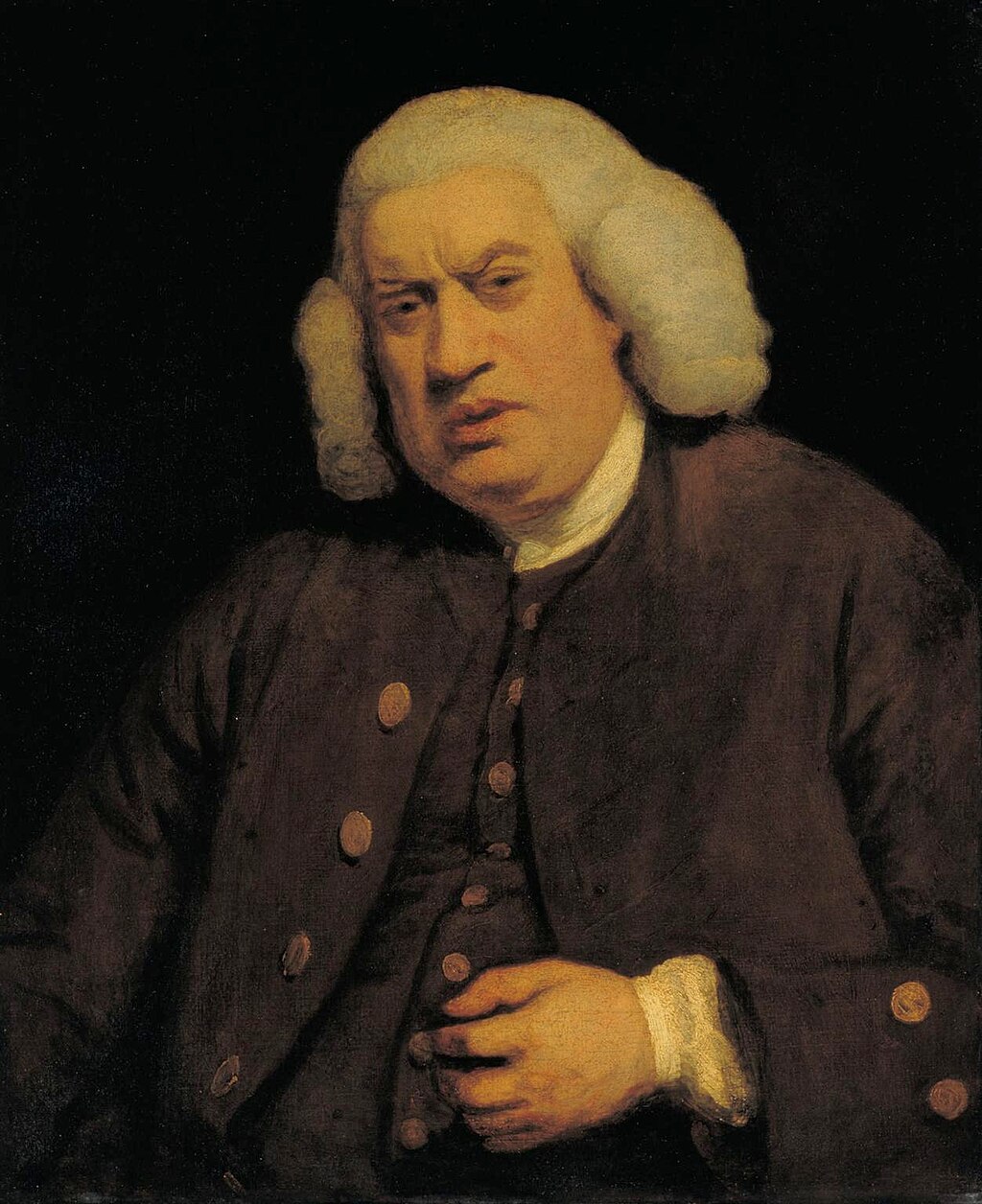
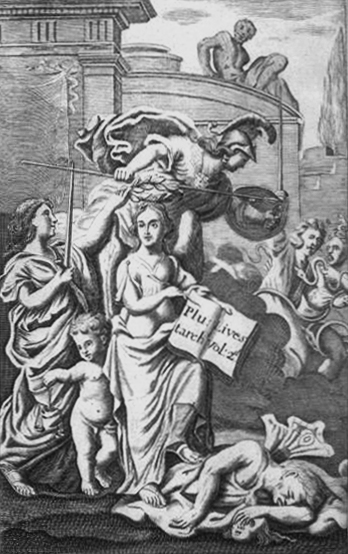

2. The Discourse of Interstate Relations and Empires in Britain during the French Revolution
This project, stimulated by the international turn advocated by Armitage (2013), is to examine the language and discourse of the international sphere from the late 18th to the mid-19th century, stemming from the French Revolution. It aims to reveal how political bodies, such as state, empire, and commonwealth, and the relations among these bodies, were perceived and how these perceptions were changed by the French Revolution.
One of the central questions of this project is how the concepts of independence of state and external sovereignty were popularized and resisted; these concepts, which are seen as generalized by Vattel’s Le Droit des gens, were resisted by conservatives in other states not only because of the violence of the French Revolution, but also because of the pervasiveness of the revolutionary ideas and concepts. Conservatives explored the rationale for interfering in the internal affairs of revolutionary states; they also explored the concepts of mustering counter-revolutionary states, and the interests beyond the individual interests of the states at the time; some political theorists, led by Burke, believed that the international community could not be sustained simply by holding the independence of state sacred. On the other hand, it was also characteristic of this period that political theorists like Mackintosh were active who took this idea for granted.
In considering the independence of states, it is necessary to recall that during this period the partition of Poland was often looked back upon and provided material for thinking about interstate relations. Taking Burke as a starting point, this study will consider how Mackintosh and Robert Stewart, Viscount Castlereagh, accepted or did not accept Burke’s language and theory.
The project will also discuss Martin Wight and Harry Hinsley, two of the leading theorists of international relations and diplomatic historians in 20th-century Britain.
- Armitage, David (2013), Foundations of Modern International Thought, Cambridge: Cambridge University Press.
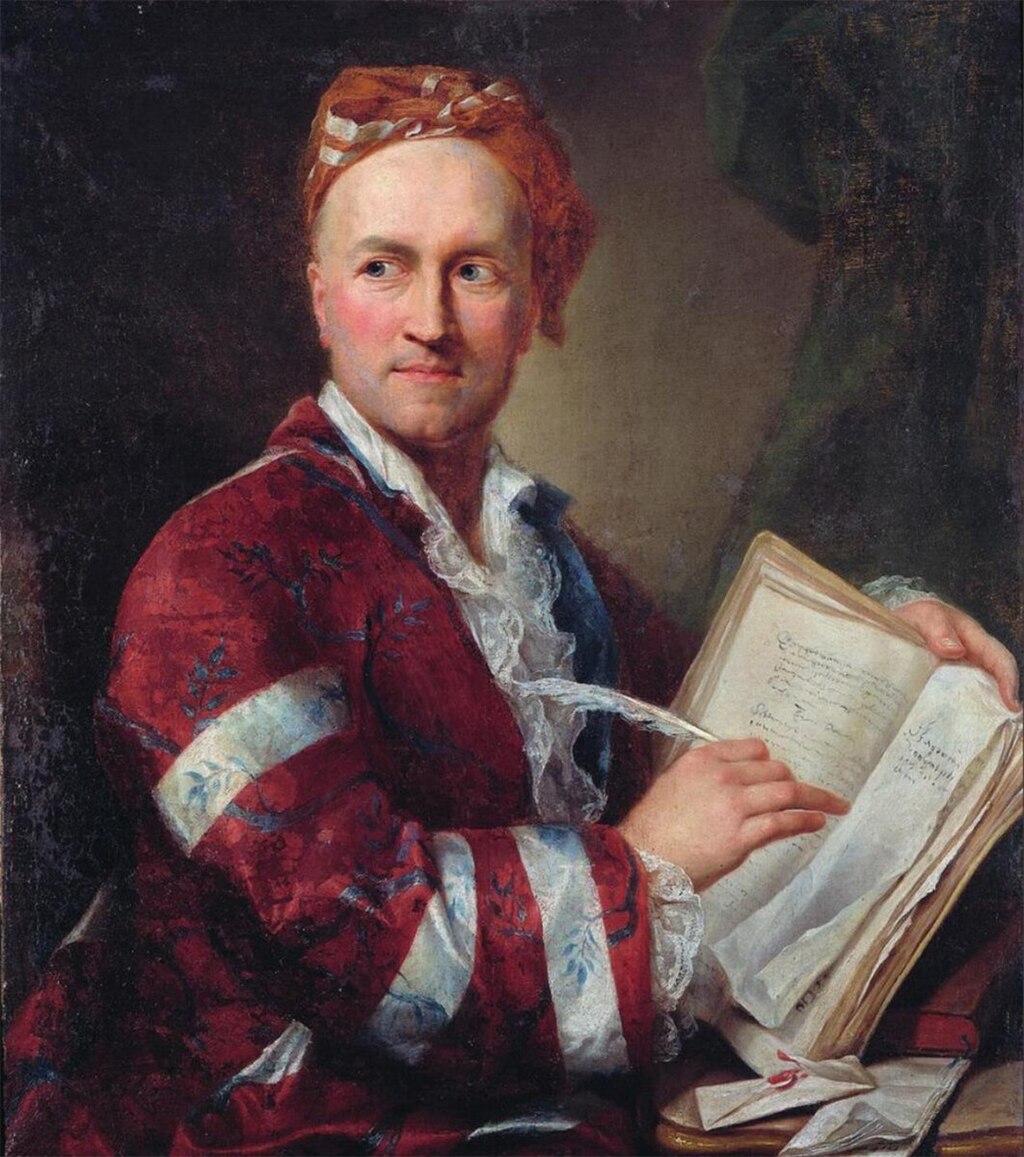
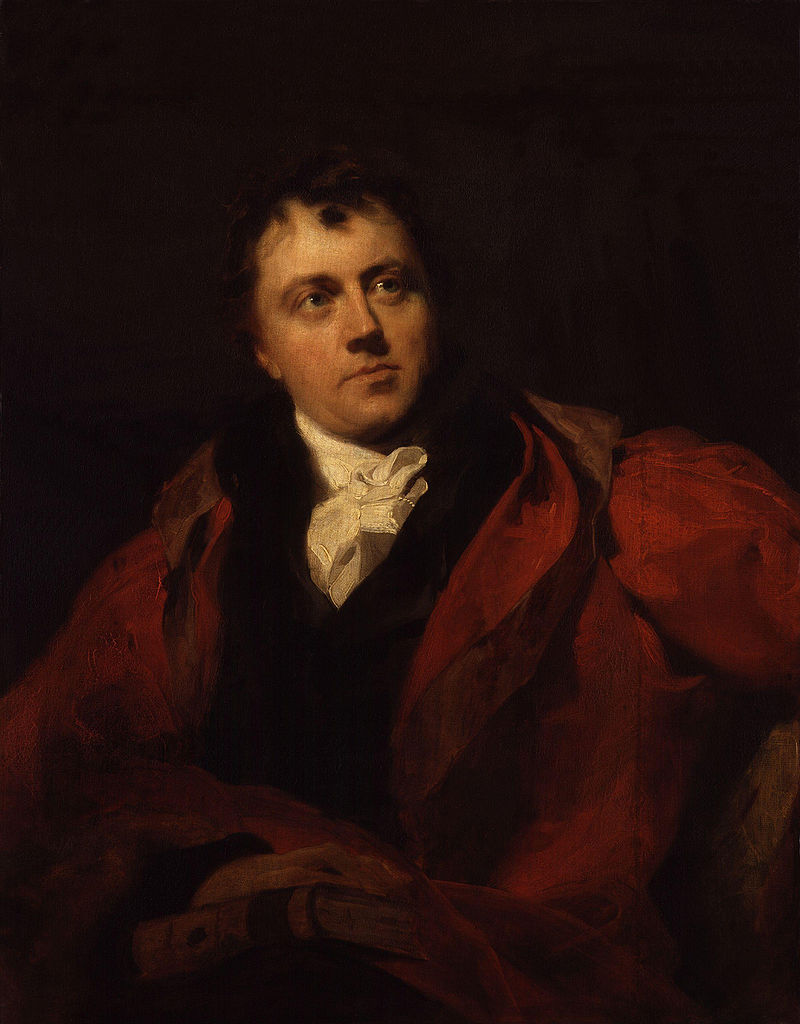
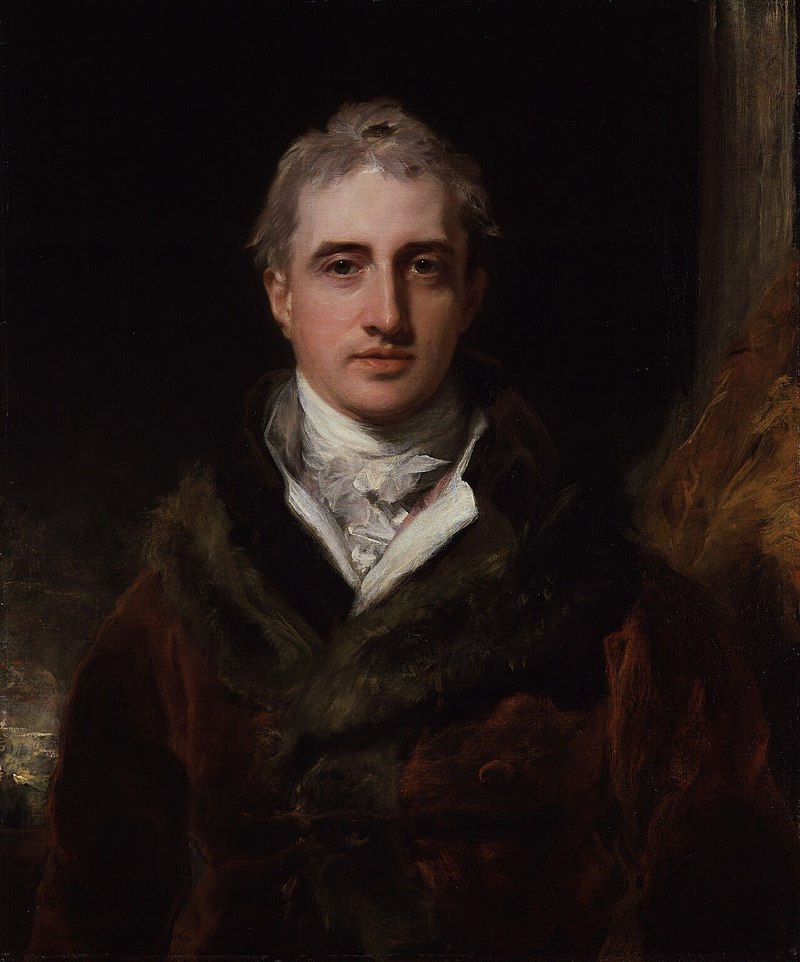
In relation to the above research projects, I just started studying quanteda, one of the text analysis packages in the R language. If I get any useful usage regarding the quanteda package, I will share it via github — I am a newbie to github. If you have any good ideas related to this, please let me know.
To gain familiarity with the R language, I tested several packages, including quanteda. The following is a list of them.